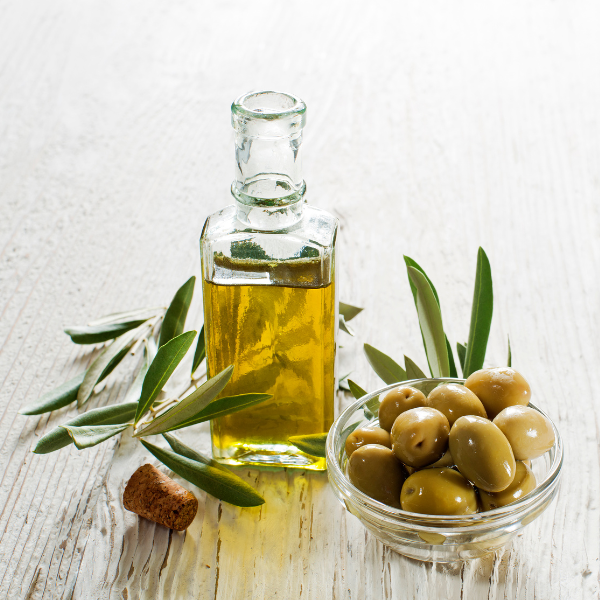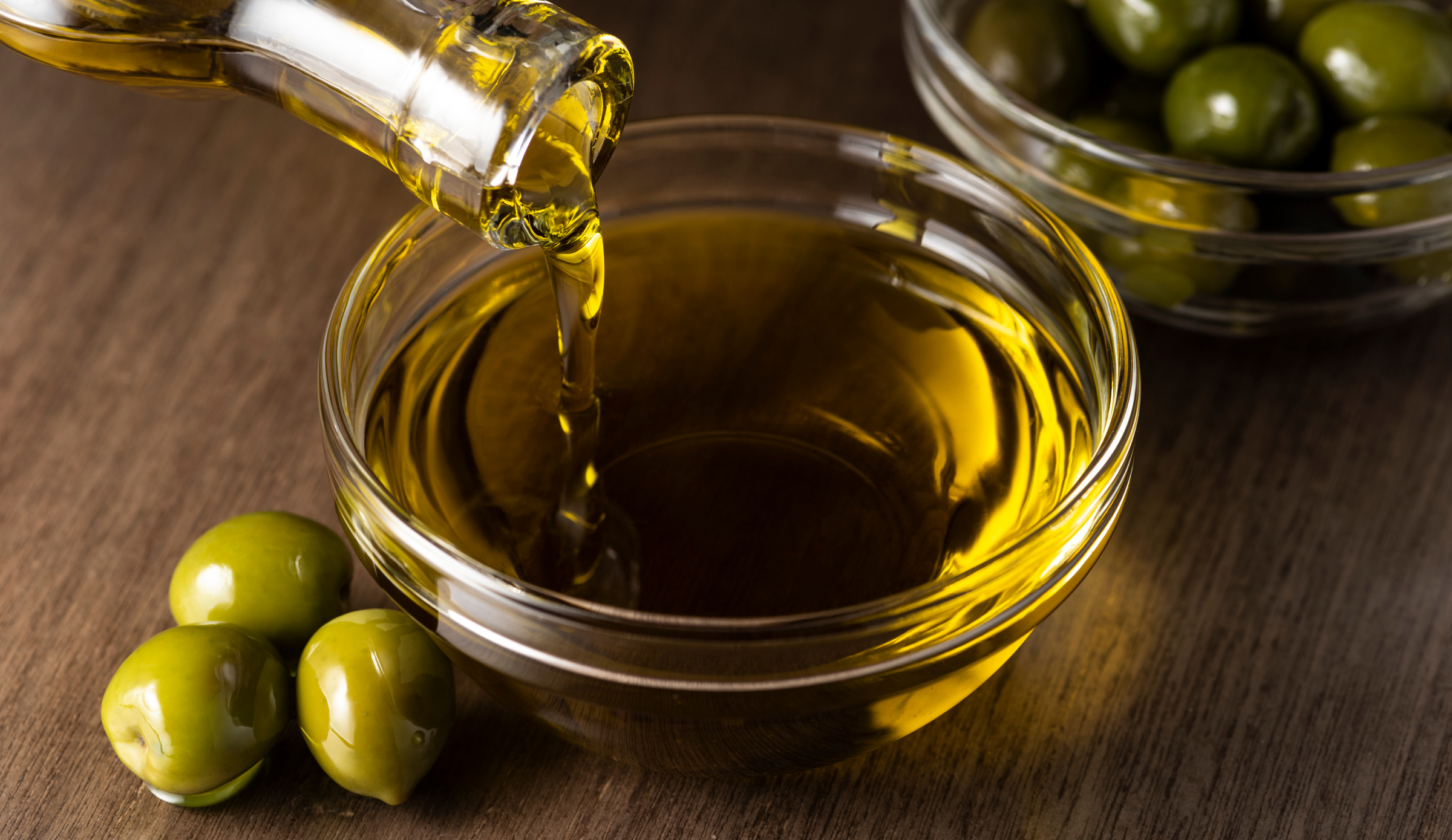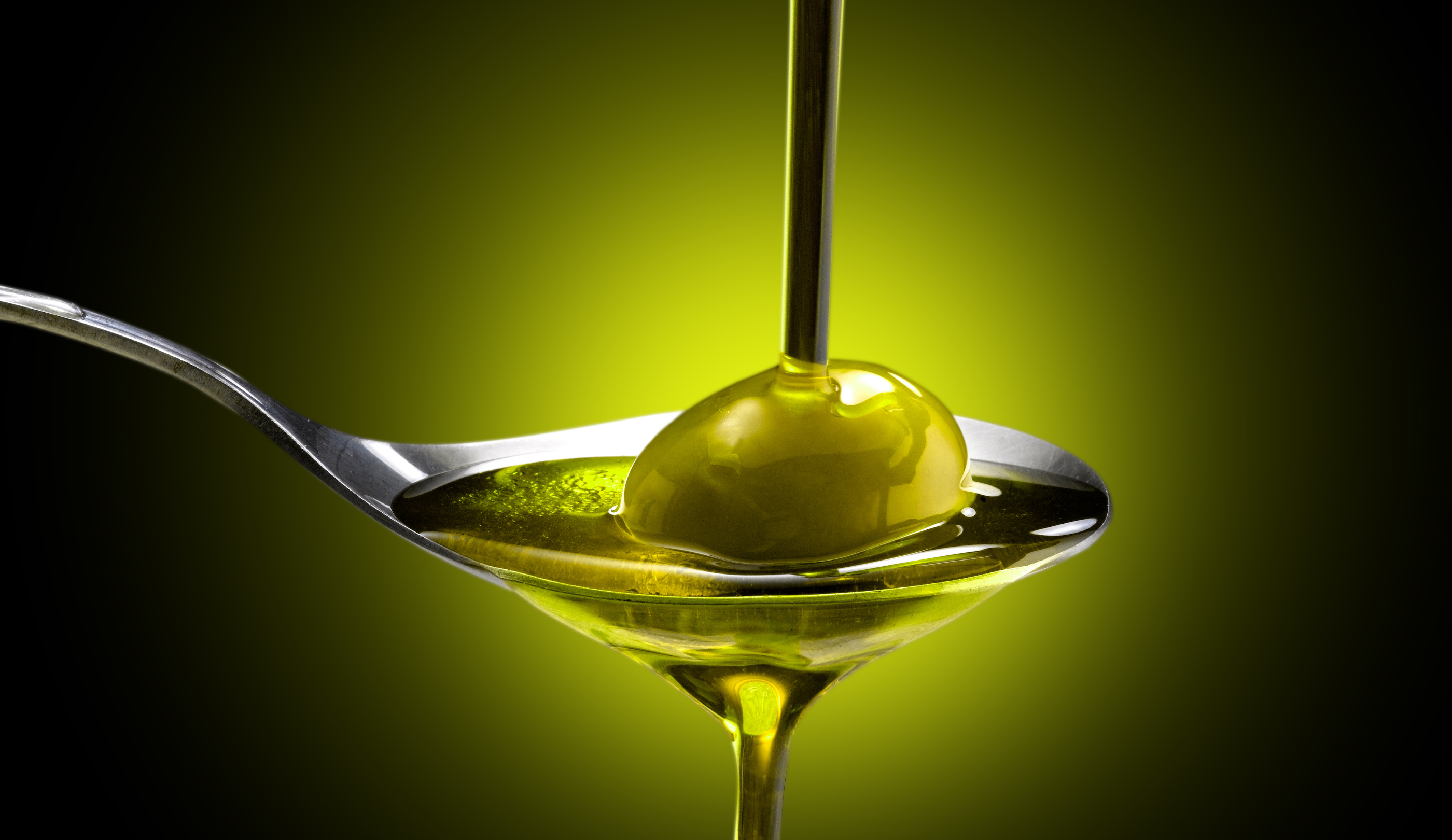Extra virgin olive oil (EVOO), rich in monounsaturated fatty acids and bioactive compounds, contributes to various health benefits. Its effect isn't singular but accumulates in synergy with the complete Mediterranean diet. An intake of at least 25 ml daily is recommended, with clinical trials suggesting up to 60 ml for specific health conditions. Raw EVOO, especially, is beneficial. Practical ways to incorporate EVOO in meals such as salad dressings, vinaigrettes, and replacements for other cooking fats.

Extra virgin olive oil (EVOO) is a unique source of dietary fat, consisting mainly of monounsaturated fatty acids and bioactive compounds. While oleic acid, the main fatty acid in olive oil, is considered to offer a host of beneficial effects such as lowering the risk of cardiovascular disease, other bioactive compounds such as polyphenols enhance the health-promoting effects offered by olive oil.¹ This specific profile of EVOO is what leads to the health benefits associated with it.
EVOO should be included as a food in your daily eating pattern and not as a medicine! It is important to keep in mind that the beneficial effects of the Mediterranean eating pattern are not attributed to a single food or nutrient. Rather, it is how all the key foods, and nutrients of these foods, work together to bring about the plethora of health benefits associated with this eating pattern.²

“EVOO should be included as a food in your daily eating pattern and not as a medicine!"
"It is important to keep in mind that the beneficial effects of the Mediterranean eating pattern are not attributed to a single food or nutrient.” This is due to a synergistic effect between foods. For example, olive oil assists with absorbing fat-soluble vitamins found in colourful fruits and vegetables.
EVOO also increases the palatability and appeal of vegetables and legumes (key elements of the Mediterranean Diet), encouraging their consumption.
How much
Evidence from a number of clinical trials indicates that we should aim to consume at least 25 ml (approximately 2 tablespoons) of EVOO per day, to obtain the health benefits associated with it, in healthy populations and those with risk factors such as mild dyslipidemia and mild hypertension.
In terms of following a therapeutic Mediterranean eating pattern, there doesn’t seem to be a clear definition of how much EVOO should be included.⁴ However, the PREDIMED (Prevention with Mediterranean Diet) trial implemented a minimum quantity of 60 ml (4 tablespoons) of EVOO a day. This study was a primary prevention trial, which evaluated the effects of the Mediterranean Diet on incident cardiovascular disease in men and women at high risk.⁵ Furthermore, a different study, the AUSMED (Australian Mediterranean Diet) Heart Trial implemented 60 – 80 ml (4 – 5 tablespoons) of EVOO a day.⁶
Based on the reduction in risk seen in these and other trials, it is recommended that a minimum of 3 – 4 tablespoons of EVOO should be consumed per day for pre-existing health conditions including Coronary Heart Disease, Type 2 Diabetes, and Fatty Liver Disease.⁷
Due to the substantial evidence supporting the health effects of the polyphenols found in EVOO, the European Food Safety Authority has approved the claim that polyphenols offer protection against peroxidation of LDL (low-density lipoprotein) cholesterol at a minimal dose of 5 mg/kg/day.⁸
How to
Contrary to popular belief, olive oil can be used for cooking. That being said, to optimize the intake of beneficial phenolic compounds, you should mainly aim to include ‘raw’ (uncooked) EVOO in your eating pattern.
Here are some tips on how to include EVOO in your daily eating pattern:
- Keep a bottle of EVOO at work to dress salads
- Make delicious homemade vinaigrettes
- Drizzle it over grain dishes or soups as a finishing oil
- Toss veggies in EVOO before roasting them
- Drizzle it over roasted veggies after cooking
- Replace the mayo with EVOO for tuna and chicken salads
- Deconstruct a normal sandwich and use the oil to dress the salad and for dipping the bread
- Drizzle it over toast instead of butter
- Sauté veggies and meat in it
- Replace vegetable oil or butter with olive oil when baking (see the below conversion chart)
- Use it to grease the pan for baked goods instead of butter or margarine
For more information on the study, refer to the reference below.
So, what is the takeaway message?
The unique composition of extra virgin olive oil (EVOO), rich in monounsaturated fatty acids and bioactive compounds, makes it a valuable addition to daily eating patterns. The health benefits associated with EVOO are not merely due to a single nutrient but arise from the synergistic effects of the Mediterranean eating pattern. Incorporating at least 25 ml (approximately 2 tablespoons) of EVOO per day is recommended for obtaining its health benefits. Clinical trials, such as PREDIMED and AUSMED, suggest a daily intake of 60 ml (4 tablespoons) for therapeutic purposes. The polyphenols in EVOO have been acknowledged for their protective effects, with a minimum daily dose approved by the European Food Safety Authority. Utilizing raw EVOO in various culinary practices optimizes its intake of beneficial phenolic compounds. Practical tips for integrating EVOO into daily meals include dressing salads, making vinaigrettes, drizzling over dishes, and replacing other fats in cooking and baking.
CONCLUSION
In conclusion, extra virgin olive oil (EVOO) stands out as a versatile and health-promoting dietary component. Its unique composition, emphasizing monounsaturated fatty acids and bioactive compounds, contributes to a range of health benefits. The synergistic effects within the Mediterranean eating pattern highlight the importance of overall dietary choices. Evidence supports a daily intake of at least 25 ml, with therapeutic quantities recommended in specific health conditions. The inclusion of raw EVOO in various culinary practices enhances the absorption of beneficial phenolic compounds. As a cooking medium and flavor enhancer, EVOO offers a tasty and beneficial alternative in daily meals, showcasing its adaptability and positive impact on overall health.
REFERENCES
- Yubero-Serrano EM, Lopez-Moreno J, Gomez-Delgado F, et al 2019. Extra virgin olive oil: More than a healthy fat. European Journal of Clinical Nutrition, 72(Suppl 1):8-17. Available here.
- Dinu M, Pagliai G, Casini A, et al. 2017. Mediterranean diet and multiple health outcomes: an umbrella review of meta-analyses of observational studies and randomised trials. European Journal of Clinical Nutrition. Available here.
- George, ES, Marshall, S, Mayr, et al. 2018. The effect of high-polyphenol extra virgin olive oil on cardiovascular risk factors: A systematic review and meta-analysis. Critical Reviews in Food Science and Nutrition, 59(17):2772-2795. Available here.
- Davis C, Bryan J, Hodgson & Murphy K. 2015. Definition of the Mediterranean diet: A literature review. Nutrients, 7, 9139-9153. Available here.
- Martínez-González MA, Salas-Salvadó J, Estruch R, et al. 2015. Benefits of the Mediterranean Diet: Insights from the PREDIMED study. Progress in Cardiovascular Diseases, 58:50-60. Available here.
- Itsiopoulos C, Kucianski T, Mayr HL, et al. 2018. The Australian Mediterranean Diet Heart Trial (AUSMED Heart Trial): A randomized clinical trial in secondary prevention of coronary heart disease in a multiethnic Australian population: Study protocol. American Heart Journal, 203, 4-11. Available here.
- George ES, Kucianski T, Mayr HL, et al. 2018. A Mediterranean Diet model in Australia: Strategies for translating the traditional Mediterranean Diet into a multicultural setting. Nutrients, 10:465. Available here.
- EFSA Panel on Dietetic Products, Nutrition and Allergies (NDA). 2011. Scientific opinion on the substantiation of health claims related to polyphenols in olive and protection of LDL particles from oxidative damage (ID 1333, 1638, 1639, 1696, 2865), maintenance of normal blood HDL-cholesterol concentrations (ID 1639), maintenance of normal blood pressure (ID 3781), “anti-inflammatory properties” (ID 1882), “contributes to the upper respiratory tract health” (ID 3468), “can help to maintain a normal function of gastrointestinal tract” (3779), and “contributes to body defences against external agents” (ID 3467) pursuant to article 13(1) of Regulation (EC) No 1924/2006. EFSA Journal, 9(4):2033 [25 pp.]. Available here.






